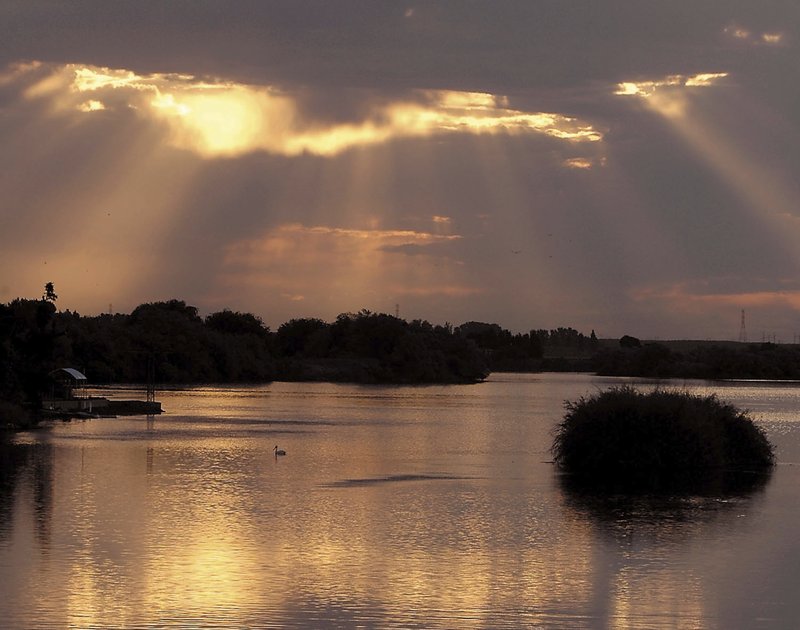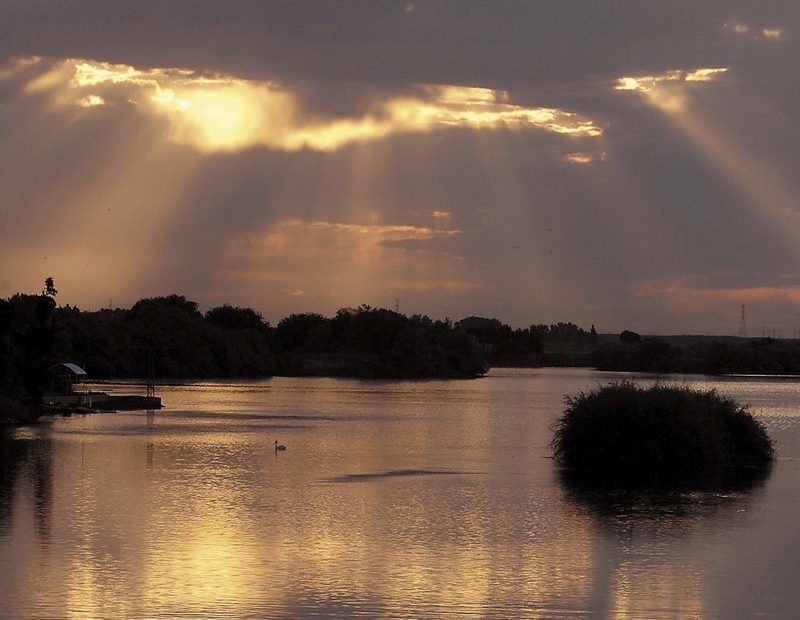
Federal Government Expands Hunting And Fishing At National Wildlife Refuges
Read On
BY KEITH RIDLER / AP
The Trump administration said Tuesday that it is expanding hunting and fishing in 77 national wildlife refuges in a move that critics contend is deferring management to states and could harm wildlife.
The Interior Department’s U.S. Fish and Wildlife Service said hunters and anglers can shoot and cast their rods on 2,200 square miles of federally protected land in 37 states, much of which is considered critical habitat for waterfowl and other birds to rest and refuel during their migration.
“This is the largest single effort to expand hunting and fishing access in recent history,” Interior Secretary David Bernhardt said last month before the changes were posted Tuesday in the Federal Register.
It’s the latest effort by the Trump administration to open public lands to recreation and industry, including oil and gas drilling, which critics say comes at the expense of the environment and wildlife.
President Donald Trump also has scaled back two sprawling national monuments in Utah, a move that opened the lands that were cut to potential drilling and mining. New plans for the monuments allow more grazing and recreation.
Hunting and fishing will be allowed at seven national wildlife refuges for the first time and expanded at 70 others. The agency, which also now permits it at 15 national fish hatcheries, said some 5,000 regulations have been eliminated or simplified to match state rules.
Conservationists said the changes went into effect without adequate environmental review.
“While the Trump policy retains federal ownership, it basically eviscerates federal management,” said Jeff Ruch of Public Employees for Environmental Responsibility. “The states end up managing federal land with federal dollars but following state laws. That’s a sea change from federal management for conservation and biodiversity rather than promoting hunting.”
One of the big concerns is that state and federal officials don’t appear to have a monitoring system to see what effect the changes might have, not only on game species but those that aren’t hunted, Ruch said.
Hunting groups generally supported the changes.
Chief Executive Officer Adam Putnam of Ducks Unlimited, a group that works to conserve waterfowl habitat, said the changes wouldn’t harm wildlife populations. He said simplifying regulations by adopting state rules would draw more people outdoors.
“It’s going to encourage new hunters and anglers to enter the sport and fall in love with the outdoors and become lifelong conservationists,” he said.
Among the areas opening to hunting and fishing for the first time are the 4 ½ square miles at the Leadville National Fish Hatchery in central Colorado.
Minidoka National Wildlife Refuge in southern Idaho faces two significant changes: opening a season for hunting elk with bows and arrows and extending boating season by a month.
Idaho Department of Fish and Game officials, like several other state wildlife agencies, said the federal changes fell short of what they wanted. The U.S. agency said in the newly released rule that it looked forward to working with states on future changes for the start of the 2020 fall hunting season.
Idaho wildlife officials didn’t immediately respond to requests for comment from The Associated Press.
President Theodore Roosevelt founded the National Wildlife Refuge system in 1903, signing an executive order to establish the Pelican Island National Wildlife Refuge in Florida to protect several types of birds from ornamental plume hunters. There are now more than 550 national wildlife refuges.
Copyright 2019 Associated Press
Related Stories:
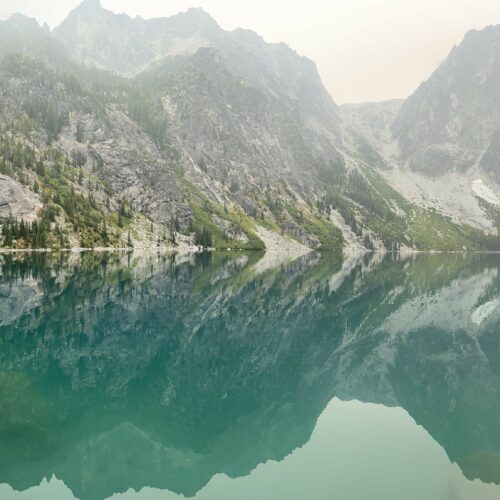
Trash piling up, wildfires too big to fight: What wild lands might look like without workers
Mountain peaks are reflected in the waters of Lake Colchuk, located in the Alpine Lakes Wilderness Area. Smoke from a nearby wildfire hangs in the air. (Credit: Theresa Rivers) Listen
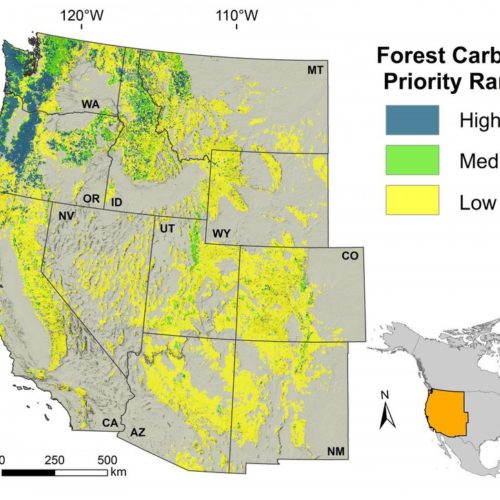
Washington Department of Natural Resources pauses King County timber auction
On Monday, the Washington State Department of Natural Resources (DNR) decided to pause an auction of 102 acres of public, forested lands to harvest for timber in King County that had been scheduled for Tuesday.
King County council members wrote a letter to Commissioner of Public Lands Hilary Franz and the Board of Natural Resources last week, urging them to defer the auction.
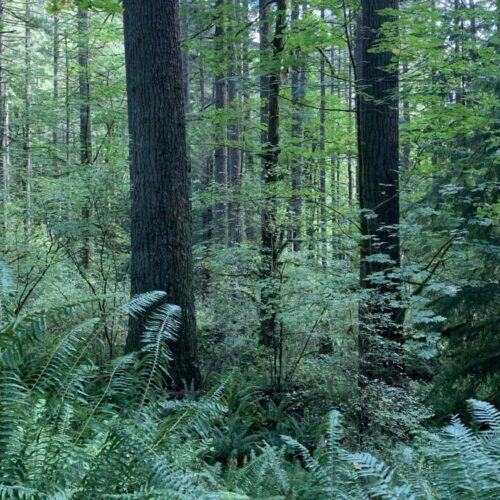
Conservation Groups Want Washington Forests Managed ‘For All The People’
At a Supreme Court hearing, conservation groups argued Washington forest managers should log fewer trees.

